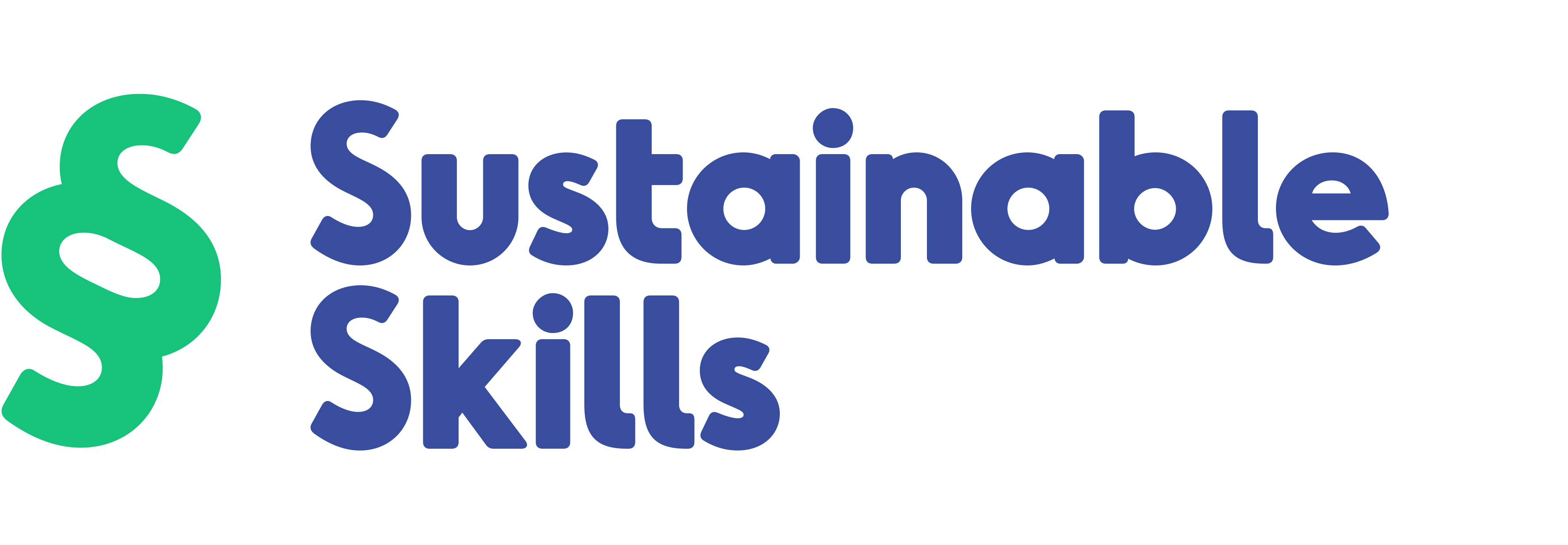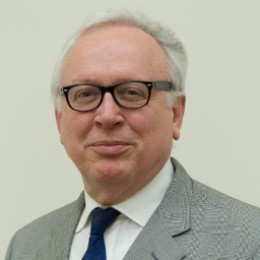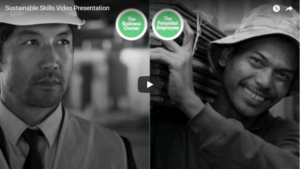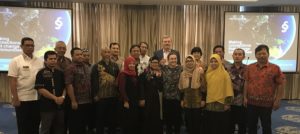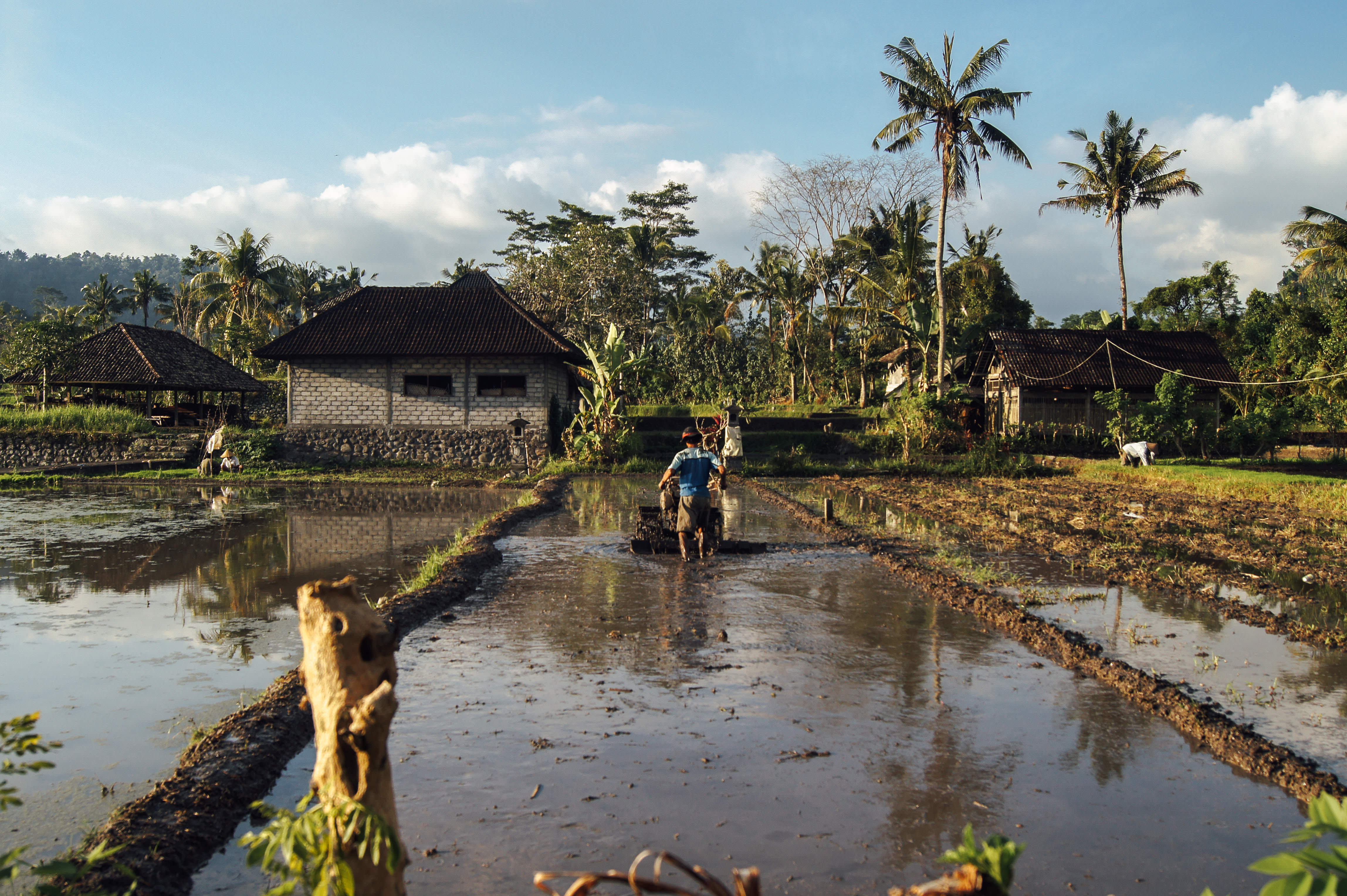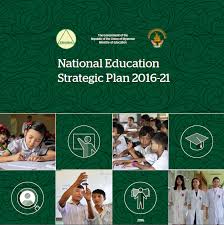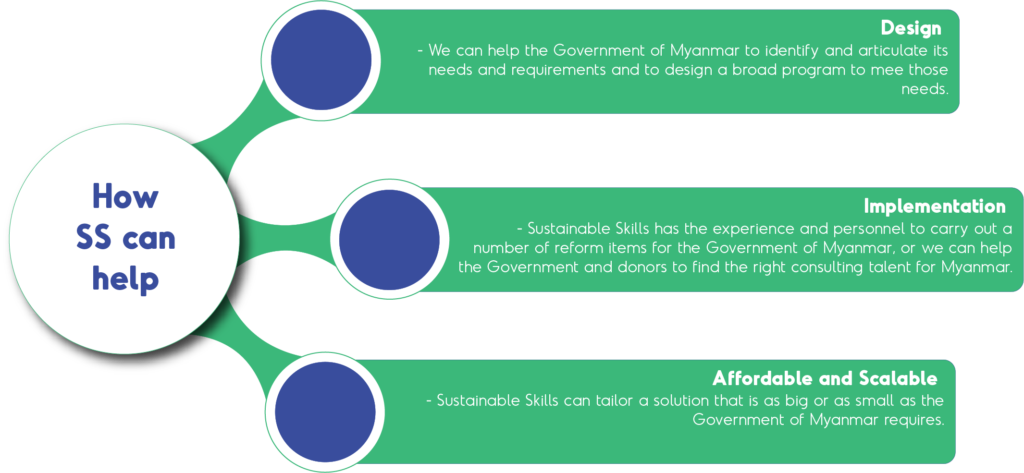 This month, I was invited by the Australia Indonesia Business Council Victoria (AIBC) to speak at the Education Panel discussion about education in Indonesia. The conference aimed to unpick some of the key issues in a critical sector for Indonesia, and learn more about the country’s aspirations.
This month, I was invited by the Australia Indonesia Business Council Victoria (AIBC) to speak at the Education Panel discussion about education in Indonesia. The conference aimed to unpick some of the key issues in a critical sector for Indonesia, and learn more about the country’s aspirations.
During the panel, AIBC provided some timely analysis of the key sectors and what it means for educational business and organisations in Australia.
The panel discussion, moderated by Helen Brown, Managing Director, Bisnis Asia, involved Professor Abid Khan, Deputy Vice-Chancellor & Vice-President, Global Engagement, Monash University, Elena Williams, Immediate past Resident Director, Australian Consortium for In-County Indonesian Studies (ACICIS), and Sigmund Fritschy, Senior Manager, Strategy and Policy – International Education, Victorian Government. The invitation to represent Sustainable Skills at the panel has been a privilege as well as a recognition of the work we have done over the past two years exploring VET market partnerships in Indonesia, and establishing relationships with Ministries and industry officials.
The panel discussed a number of opportunities which have been created by Indonesia’s desire and need to improve the education sector generally and the vocational education sector specifically. However to succeed in helping Indonesia develop an industry engaged vocational education sector
Australian institutions need to spend the time developing relationships and understanding the culture.
Sustainable Skills during the past 18 months has built strong relationships with a number of Indonesian ministries and government organisations and has developed a menu of very interesting opportunities that we will continue to explore and develop. Each requires a local focus and strong guidance from experienced Australian specialists. This will take time, but we are confident that strong results will emerge from the application of that Australian expertise. We’d welcome partners or supporters in any of these projects.
We are glad to announce that the team which is currently managing the consultancy contract sponsored by the World Bank to address skills imbalances and shortages in Uganda is now complete. Over the past two months, we have gone through a recruitment process to appoint new Team Leader and Senior Consultant. Lisa Giammarco has been appointed to the Team Leader position after her many months of service as the Acting Team Leader and Senior Consultant. Sarah Nalumansi has now joined the Kamapla based team, which comprises Mary Jo Kakinda and Simon Peter Nanagbo, stepping into Lisa’s former role as the new Senior Consultant. Sarah has significant depth and breadth of experience in projects similar to the due diligence activities we are undertaking for the Private Sector Foundation Uganda and will be a great asset to this project. Welcome on board Sarah!
